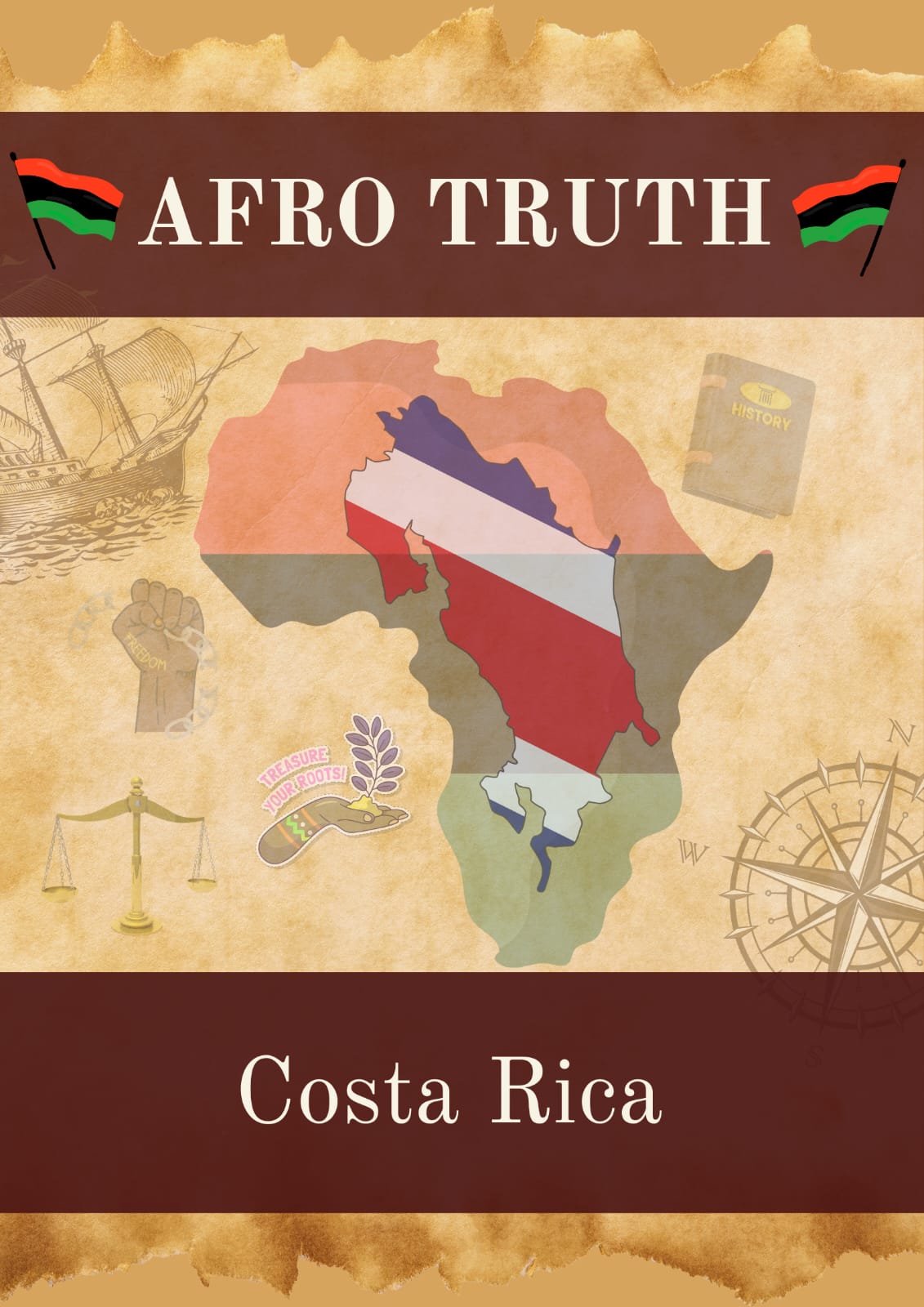Facts, Truth and More about Afro Interracial Relationships
Velvet Waite I July 23 ,2024

Interracial relationships, particularly between Afro-melanated individuals and non-Afro individuals, have complex social and cultural implications that can contribute to generational challenges within the Afro population. Here are some key points to consider:
Identity and Belonging
- Cultural Identity: Children of interracial relationships may struggle with their cultural identity, feeling caught between two worlds. This can lead to a sense of not fully belonging to either culture, causing confusion and potential identity crises.
- Community Acceptance: Both Afro-melanated and non-Afro communities may view these children as outsiders, leading to a lack of acceptance. This can result in social isolation and affect self-esteem and mental health.
Racial and Cultural Heritage
- Dilution of Cultural Practices: Interracial relationships might lead to a dilution or loss of specific Afro cultural practices and traditions if they are not actively preserved. Over generations, this can result in a weakened connection to cultural heritage.
- Language Barriers: If an Afro-melanated person’s native language is not passed down, the younger generations may lose the ability to communicate in that language, which is a significant part of cultural identity.
Social Dynamics
- Colorism: There can be a preference for lighter skin within some communities, influenced by broader societal standards of beauty. This can perpetuate internalized racism and colorism within the Afro community, leading to divisions and biases.
- Socioeconomic Disparities: Interracial relationships may expose Afro-melanated individuals to different socioeconomic backgrounds, which can create disparities in social mobility, access to resources, and opportunities within the community.
Historical and Systemic Issues
- Historical Trauma: The history of slavery, colonization, and systemic racism deeply impacts Afro-melanated people. Interracial relationships can sometimes reopen these wounds, especially if the non-Afro partner or their family is not sensitive to this history.
- Systemic Racism: Interracial couples and their children may face unique forms of systemic racism and discrimination that differ from those experienced by monoracial couples, adding layers of complexity to their social experiences.
Perception and Stereotypes
- Stereotypes and Prejudices: Interracial relationships can challenge existing stereotypes and prejudices. However, they can also reinforce negative stereotypes if not navigated carefully, especially if one partner holds unconscious biases.
- Social Stigma: Both partners may face social stigma from their respective communities, impacting their social networks and support systems. This can strain relationships and affect mental health.
Generational Continuity
- Passing Down Trauma: Interracial families may struggle to address and heal generational trauma adequately. The complexity of navigating multiple cultural identities can sometimes hinder the effective passing down of coping mechanisms and resilience.
- Future Generations: Children from interracial relationships might face unique challenges in forming their own identities and relationships. The intergenerational impact can include continued struggles with acceptance and belonging.
While interracial relationships can bring positive aspects such as increased cultural understanding and diversity, they also pose significant challenges that can affect the social and cultural fabric of the Afro population. Addressing these issues requires a conscious effort to preserve cultural heritage, promote acceptance, and heal from historical and systemic traumas.
